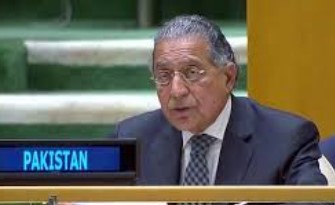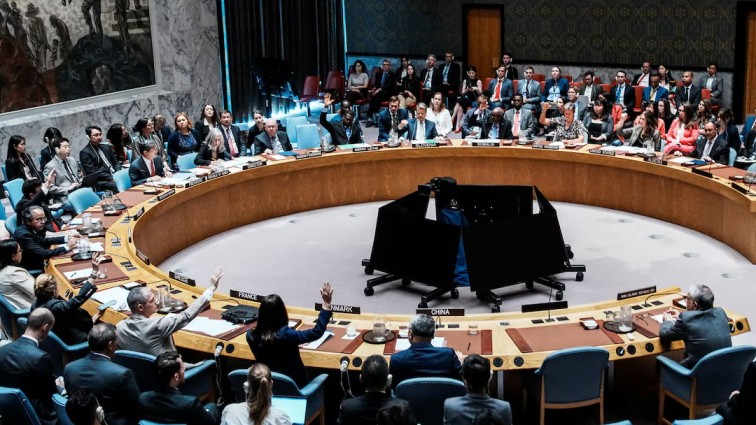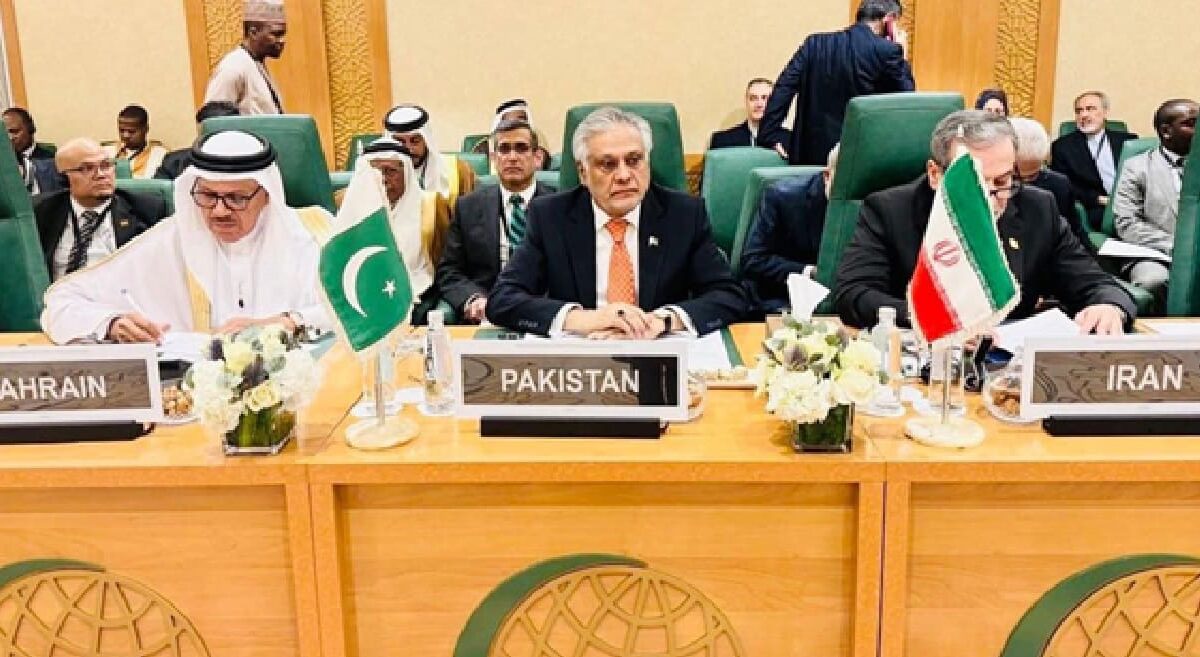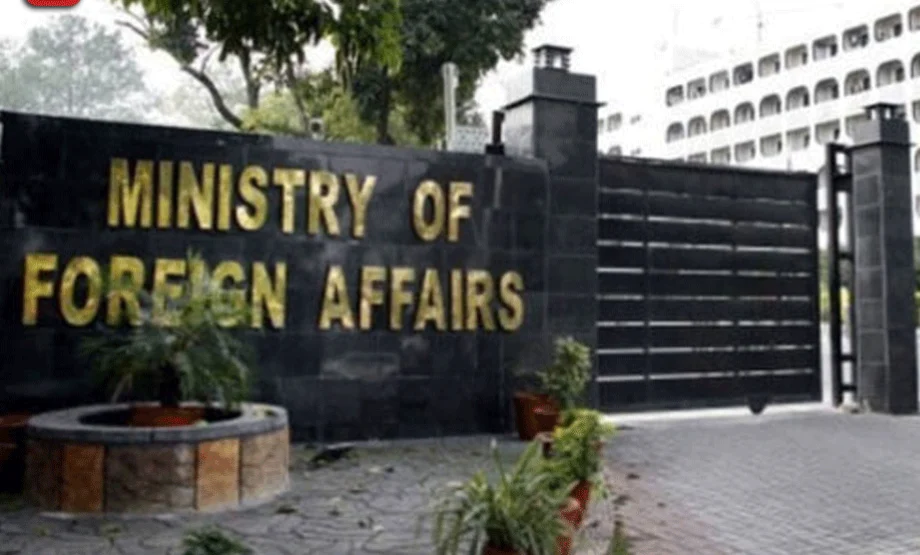
Pakistan Calls for UN Security Council Reform and Greater Transparency
- Diplomatic News
- March 2, 2025
- No Comment
Pakistan Calls for UN Security Council Reform and Greater Transparency
Pakistan has called for urgent reforms in the United Nations Security Council (UNSC) to enhance transparency, inclusivity, and democratic representation in global decision-making processes. Speaking at a debate on Working Methods under the Intergovernmental Negotiations on Security Council Reforms, Pakistan’s Ambassador to the UN, Munir Akram, emphasized the need for structural changes to reflect evolving global realities and address regional conflicts effectively.
Call for Comprehensive UN System Reforms
Ambassador Akram stressed that while there is widespread agreement on early restructuring of the 15-member Security Council, the broader UN system—including the General Assembly, the Economic and Social Council, and the Peacebuilding Commission—must also be strengthened. This aligns with the ‘Pact for the Future’, adopted by world leaders in September 2024, which underscores the necessity of comprehensive UN reforms.
Opposition to Permanent Membership Expansion
Addressing proposals to expand permanent membership, Ambassador Akram warned that such a move would freeze the Security Council at a fixed moment in time, preventing it from adapting to changing global dynamics. Instead, he advocated for a democratic and election-based approach, ensuring that the evolving geopolitical landscape is fairly represented.
This stance directly opposes the Group of Four (G4)—India, Brazil, Germany, and Japan—which has been actively campaigning for permanent seats. The G4 seeks an expansion of the Security Council by 10 seats, including six new permanent members and four additional non-permanent members.
Conversely, the Uniting for Consensus (UfC) group, co-led by Italy and Pakistan, has proposed an alternative reform model. Instead of permanent seats, the UfC suggests creating a new category of non-permanent members with longer terms and re-election possibilities, raising the number of elected seats to 21.
Current Security Council Composition and Reform Debates
The UN Security Council currently comprises five permanent members (P5)—Britain, China, France, Russia, and the United States—along with 10 non-permanent members elected for two-year terms. Discussions on reform have highlighted both areas of agreement and disagreement, including:
✅ Consensus Areas:
- Expanding representation for developing countries
- Enhancing participation of regional and cross-regional groups
- Prioritizing Africa’s representation
❌ Key Divergences:
- Size of the Security Council
- Types of membership categories
- Regional representation
- Veto power
- Working methods
Pakistan’s Call for Greater Transparency
Ambassador Akram highlighted the urgent need for open and interactive Security Council meetings, moving beyond scripted statements to foster meaningful engagement. He also called for:
- Democratic reforms to strengthen the role of elected members over permanent ones
- Breaking the oligopoly of the P5 to ensure balanced decision-making
- Transparent selection processes for Security Council subsidiary bodies, preventing monopolization by specific groups
- Stronger monitoring mechanisms to enforce Security Council resolutions, which currently lack implementation oversight
Reforming UN Sanctions Regimes
Pakistan also proposed a comprehensive review of the UN’s sanctions framework, particularly regarding Chapter 7 resolutions, which authorize enforcement actions. Ambassador Akram urged the Security Council to reconsider how sanctions are adopted and implemented, ensuring fairness and accountability.
Conclusion
Pakistan reaffirmed its commitment to constructive dialogue on Security Council reforms, advocating for a more transparent, inclusive, and democratic decision-making process. As debates continue, Islamabad hopes to build greater consensus on modernizing the UNSC’s working methods, ensuring that it effectively responds to contemporary global challenges.







